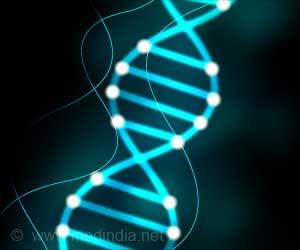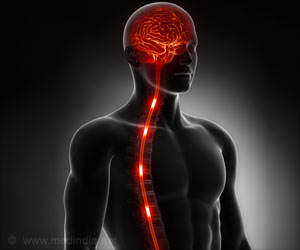Alcohol-fueled parties might be seen as a rite of passage for many high school students, but they also have an unexpected impact.

‘While binge drinking is not the same as alcohol use disorder, it significantly increases the risk of developing an alcohol abuse problem. A shift from binge drinking to alcoholism can happen quickly, leading to serious health complications.’





The Adelaide researchers have made a discovery that may eventually help to switch off binge-drinking behavior in adults who used to binge during their adolescent years. This research has been published in the journal Neuropharmacology.
"Adolescence is a vulnerable time during the brain's development - and that's something most teenagers won't be thinking about when they indulge in binge drinking," says lead author Jon Jacobsen, PhD student in the University of Adelaide's Discipline of Pharmacology.
"During our teen years, the brain is still in a relatively immature state. Binge drinking worsens this situation, as alcohol undermines the normal developmental processes that affect how our brain matures.
"Therefore, when an adolescent who has been binge drinking becomes an adult, they're often left with an immature brain, which assists in the development of alcohol dependence," Mr Jacobsen says.
Advertisement
"Even a small amount of alcohol during adolescence can alter the way mice respond to alcohol later on in life, suggesting any amount of alcohol is potentially detrimental to normal brain development," Mr Jacobsen says.
The drug is (+)-Naltrexone, which is known to block the immune receptor Toll-like receptor 4 (TLR4).
"This drug effectively switched off the impulse in mice to binge drink," says senior author Professor Mark Hutchinson, Director of the ARC Centre of Excellence for Nanoscale BioPhotonics at the University of Adelaide and leader of the Neuroimmunopharmacology lab in which this work was conducted.
"The mice given this drug still sought out alcohol, but their level of drinking was greatly reduced."
Professor Hutchinson says this research is among the first of its kind to show a link between the brain's immune system and later-life problems caused by binge drinking during adolescence.
"We're excited by the finding that we can potentially block binge drinking in an adult after they have experienced such behavior during adolescence, by stopping the activation of the brain's immune system. It's the first time this has been shown, and gives us hope that our work has implications for the eventual treatment of alcohol addiction in adults," Professor Hutchinson says.
Source-Eurekalert













